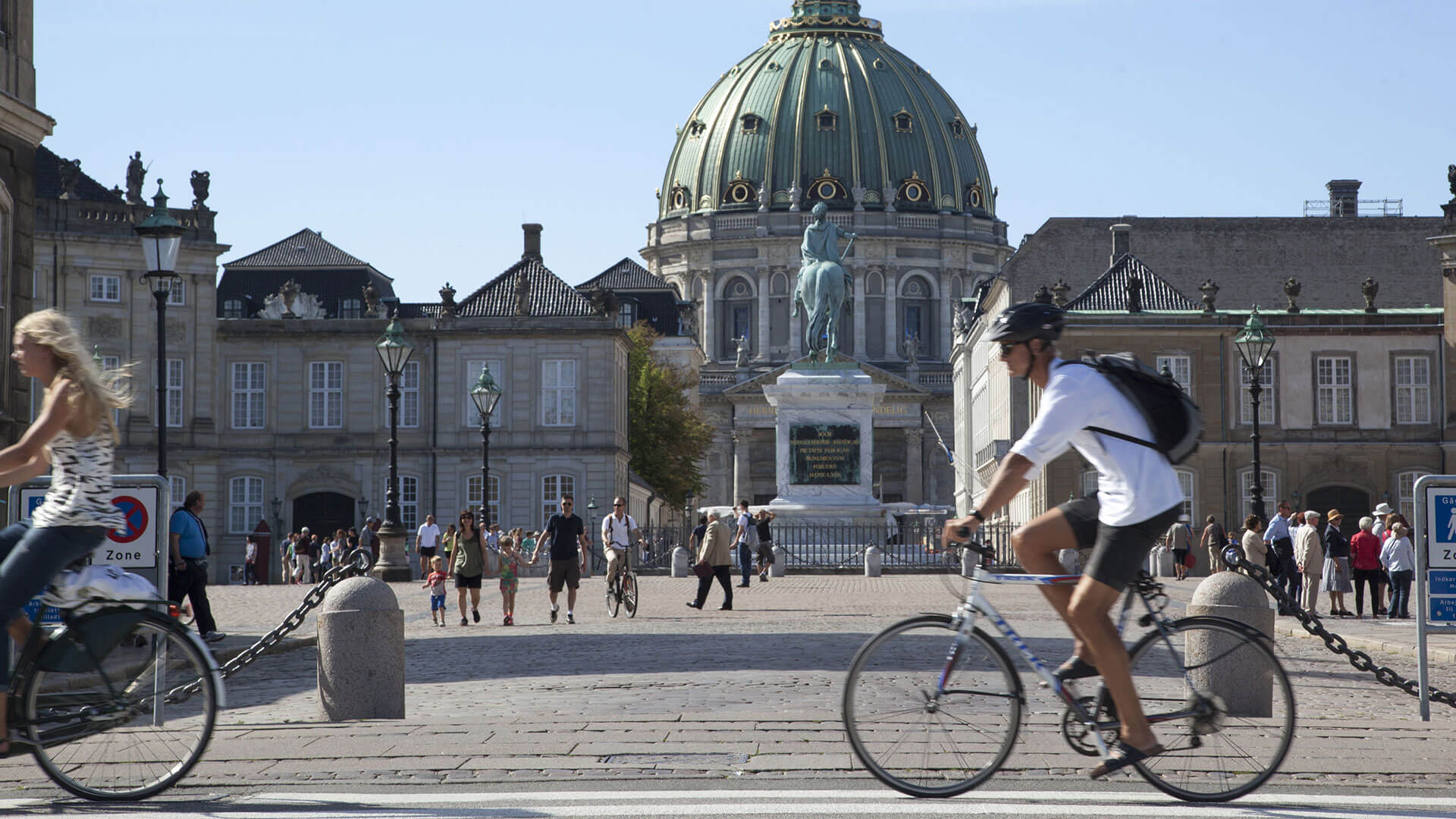CPR number and health insurance
If you are staying in Denmark for more than three months you can get a social security number (a CPR number) which entitles you to use the National Danish Health Service and receive free medical treatment ind clinics and hospitals.
If you stay in Denmark for more than six months you are required by Danish law to apply for the CPR number.
The CPR number is a personal 10-digit identity number. Your CPR number will be issued on a yellow health card that entitles you to healthcare in Denmark.
Health insurance
Please note that until you have received the health insurance card you are not covered by the Danish National Health Service.
If your are a non EU/EEA citizens you are therefore advised to take out a private health insurance in your home country to provide interim coverage until you have received the health insurance card. If you are a EU citizens you are advised to bring your blue EU/EEA insurance card with you.
For Nordic citizens
If you are a citizen from Nordic country you are automatically entitled to the same medical services as Danish nationals and you do not need additional health insurance.
Doctor (GP)
The Danish welfare systems allows international students to receive free medical care during their study in Denmark. When you receive your health insurance card, a GP (General Practitioner) will be assigned to you. Their contact details are printed on your health insurance card if you need to make an appointment - remember to bring the card along when you go to see the doctor.
Emergency doctor (when your own doctor is closed)
You can call the emergency doctor on phone number 1813 if you live in the Capital Region of Denmark. The phone line is open 24-hours.
For students in Hirtshals, call +45 70 150 300.
Specialists
If you need to consult a specialist, you have to make an appointment with your GP to get a referral to the specialist. If you get the referral, and have a yellow health card, your Danish health insurance will cover many types of treatment. Some treatments, however, such as for example physiotherapy and psychological help are subjected to co-payments.
Dentist
If you need to see a dentist, you are free to choose any dentist and make an appointment. Be aware that dental treatment is not free of charge in Denmark.
Safety
With one of the world's lowest crime rates, Denmark is a very safe choice for international students.
The Danish way of life is based on mutual trust and tolerance. Naturally you shouldn't leave your valuables unattended—and the odd bike gets stolen on our campuses—but you will be perfectly safe as you go about your business without a trained security officer by your side.
Emergencies
In case of an emergency such as acute health problems, a traffic accident or fire, call 112.
Remember to provide as many details as possible:
- Where are you?
- What has happened?
- How many are injured and what is their condition?
- What telephone number are you calling from?
Police
Call 114 to get in touch with the police in a non-life-threatening situation. The lines are open 24-hours a day and the number is valid for the whole country.
Home-, accident- and liability insurance
It is always advisable to have your own home-, accident- and liability insurance in case of any accidents or emergencies.
DTU covers all DTU students in case of accidents, for free - as long it happens at DTU or in connection with a study-related trip.
PF offers an upgrade to this insurance for students enrolled at DTU. Find more information about the insurance. If you have any questions about the insurance, please contact Polyteknisk Forening (PF) at pf@pf.dk.



